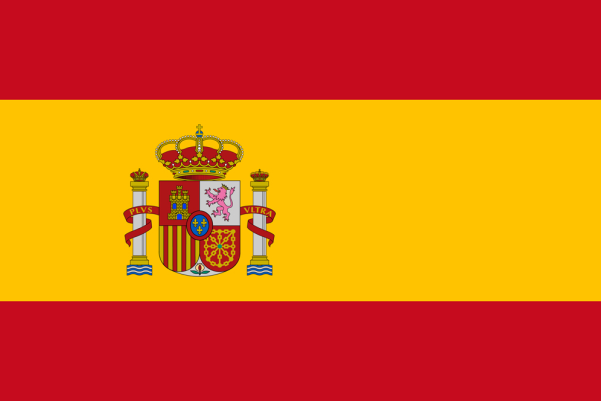Things are not always as they seem… and when it comes to finding the right words in a foreign language it is good to have as much information as possible to help avoid any miscommunication
Despite being markedly different, English and Portuguese strangely enough share some similar roots, the result of which is evident in some of the words that appear in both languages. These common words are known as cognates.
Cognates are our friends. They are words that share similar spelling and have equivalent meanings in a second language, as is the case with comédia/comedy, positivo/positive, música/music, ideia/idea and futuro/future. They are particularly handy when learning a new language.
But, like everything in life, there are always two sides to a coin, and unfortunately it is not always as simple as that. There are in existence a few little monsters known as false cognates – or ‘false friends’ – misleading words that despite being similar in appearance in fact carry different meanings. They are a real headache for learners and often lead to communication errors which, depending on the situation, can be difficult to undo.
There are countless stories of funny situations – some quite embarrassing – such as the case of a Brazilian who shocked Londoners when he, wanting to say that he was doing various courses, said “I do some curses”. Or the Brazilian who was left feeling offended at being labelled “weird” by a man in a pub when in fact his drinking companion had told him “you look exquisite” (esquisito meaning odd or strange in Portuguese).
With this in mind, BBMag has prepared a practical table with examples of some of the most treacherous “false friends” in the English language to help you avoid any error or confusion!


















